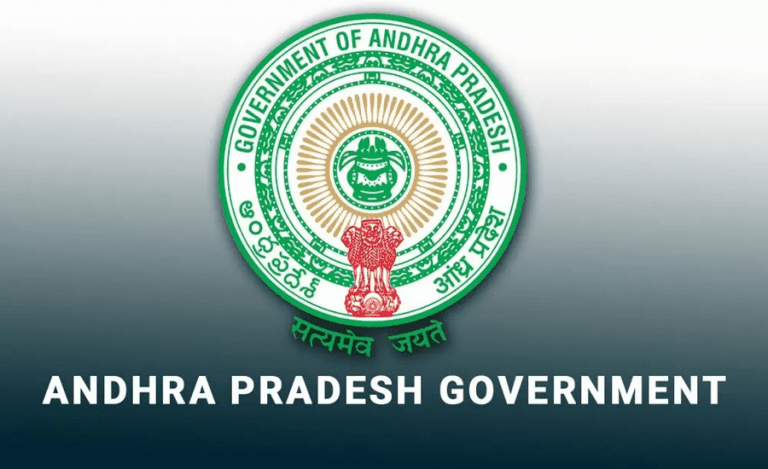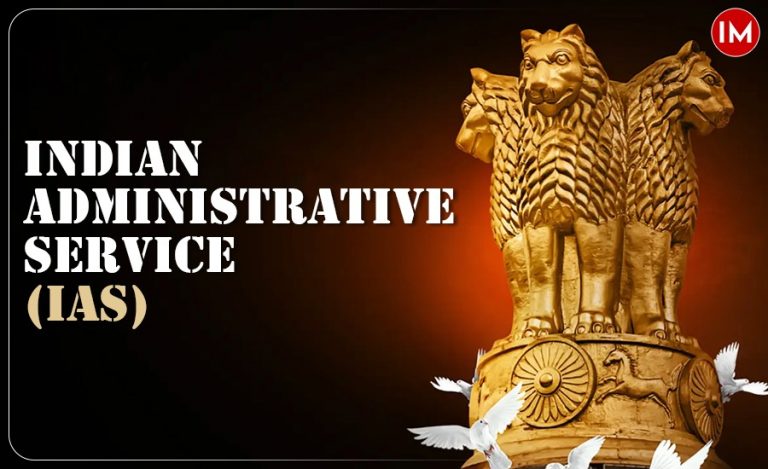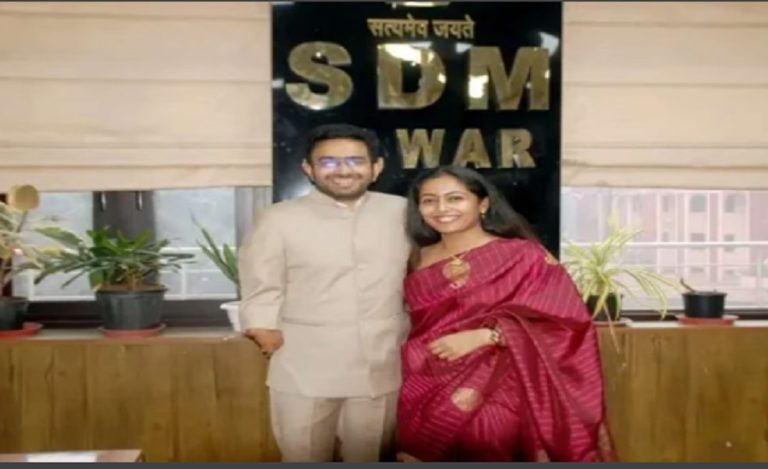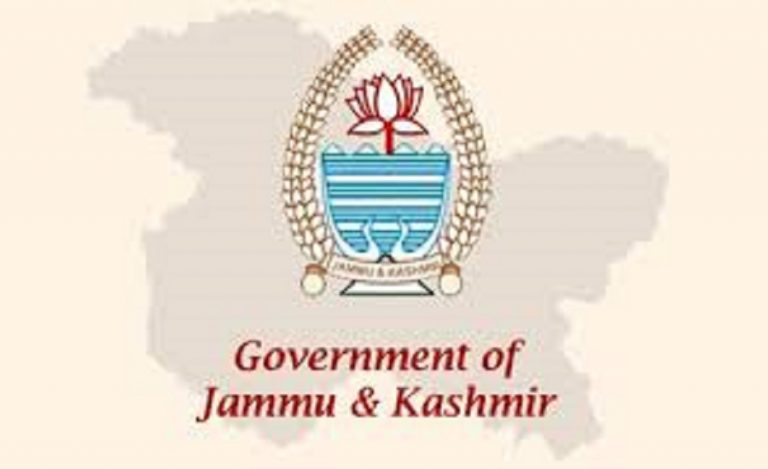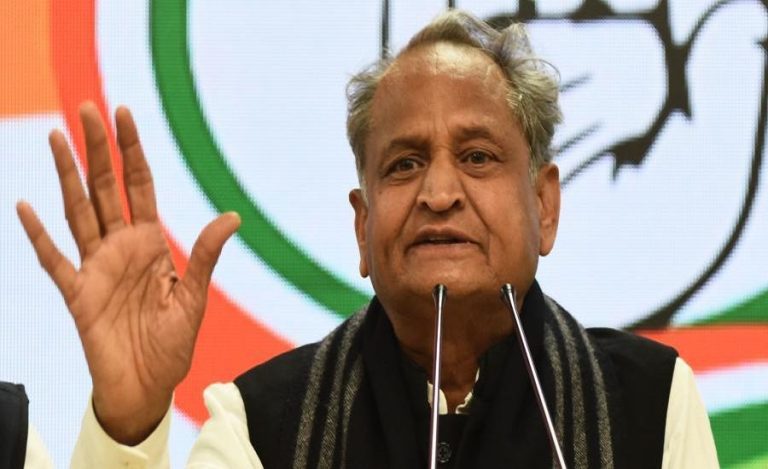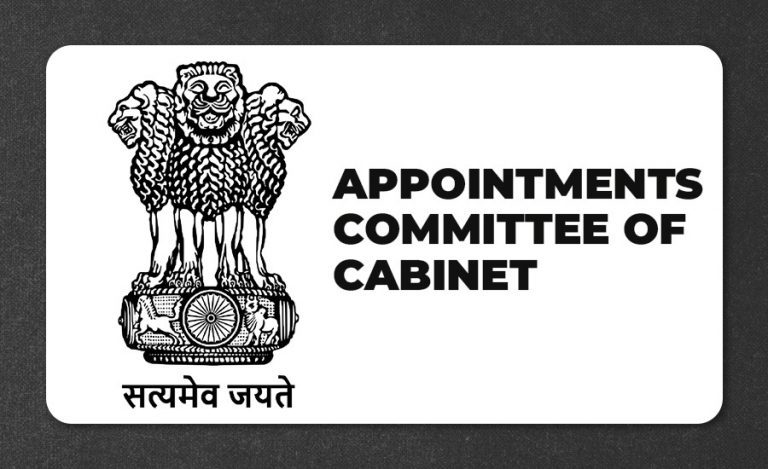New Delhi: On 10 November 2025, the Supreme Court of India directed that all upcoming elections for state bar councils will be held under the supervision of retired High Court judges.
The bench — comprising Surya Kant and Joymalya Bagchi — flagged a “trust deficit” in both the BCI and state bar councils, and felt that an independent panel led by retired judges is essential to bring transparency and public confidence.
The court emphasised that delays in notifying elections, non-uploading of voter lists and repeated extensions of terms of elected members were eroding faith in the legal regulatory framework.
Why the Intervention?
Trust Deficit in Legal Bodies: The bench noted that even the BCI itself doesn’t object to retired judges conducting the polls — a telling admission of internal acknowledgement of the problem.
Moreover, the court pointed out that despite earlier orders (for example on 31 October), state bar council elections in Punjab, Haryana and Uttar Pradesh have still not been properly notified or completed.
The Stakes for the Legal Profession: Bar council elections are not just routine — they decide who will lead bodies regulating law practice, legal education and advocate welfare at state level. The court underscored the gravity:
> “State Bar council or Bar association elections are the most difficult elections on earth.” — Justice Surya Kant
Given this high importance, ensuring fair elections becomes essential for ensuring that legal practitioners and the public alike trust these bodies.
What the Court Mandates
- Each state bar council election must be overseen by a panel headed by a retired High Court judge.
- The BCI, though not to be ousted, cannot wield unchecked control over election processes; supervision must come externally.
- Earlier deadlines set by the court: elections in Punjab & Haryana to be notified within 10 days, and completed by 31 Dec 2025; for Uttar Pradesh by 31 Jan 2026.
- The court held that procedural compliance (e.g. certificate verification of advocates) cannot be used as a reason to delay elections indefinitely.
Impact and Next Steps
Immediate Impact
- The Punjab & Haryana bar council elections are expected to be notified at the earliest.
- With retired judge supervision, the forthcoming elections may apprehend greater trust from legal practitioners and public alike.
- The BCI will now work alongside these panels rather than controlling the whole process unilaterally.
Medium-Term Effects
- Greater transparency in state bar council governance may strengthen advocacy for legal professionals’ rights, legal education norms and disciplinary fairness.
- The precedent of judicial supervision may trigger similar reforms across regulatory bodies where election fairness is in doubt.
- The legal fraternity may press for further reforms in election procedures, voter list management, and term-limits of office bearers.
Potential Challenges
- Selection and appointments of retired judges may face resistance or resource constraints in some states.
- The BCI and state councils may still have to navigate tensions about autonomy vs supervision.
- Ensuring that the reforms truly reach grassroots level in all states and that delays are avoided remains to be seen.
Face Behind This Decision
Manan Kumar Mishra, Senior Advocate and Chairman of the Bar Council of India, played a significant role during the hearing. He informed the court that BCI had no objection to the appointment of retired High Court judges for election oversight.
- He hailed from Gopalganj district, Bihar.
- Got a law degree from Patna University (LLB), gold-medalist in his batch.
- Began legal practice in civil court, then in Patna High Court in 1982.
- First became a member of Bihar State Bar Council in 1989; designated Senior Advocate in 2007.
Successfully elected as Chairman of BCI multiple times (notably his 7th consecutive term in March 2025) illustrating his strong standing in the legal community.
Significance in This Context
Given his position as BCI Chairman, Mishra’s stance that BCI does not object to supervision by retired judges signals institutional acceptance of reform. His cooperation may smooth implementation of the court’s directives.
Why This Matters to You
If you are a legal practitioner, advocate or law student:
- These reforms may influence how your electoral rights and organisational representation are handled in future states.
- They reflect a push for greater transparency in bar bodies that set standards for legal education, BE exams, and ethics.
- For the broader public; stronger oversight means higher confidence that lawyers’ regulatory bodies are functioning fairly and independently.


